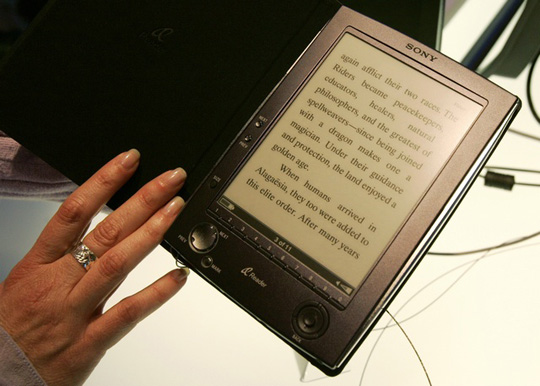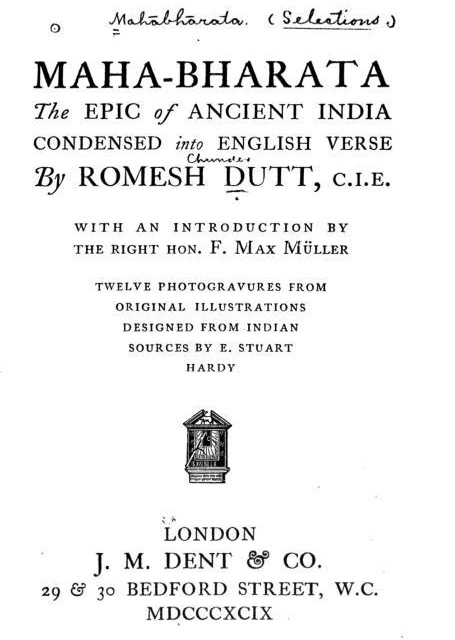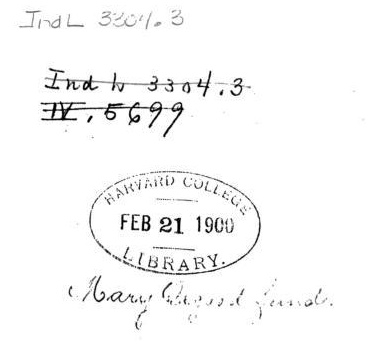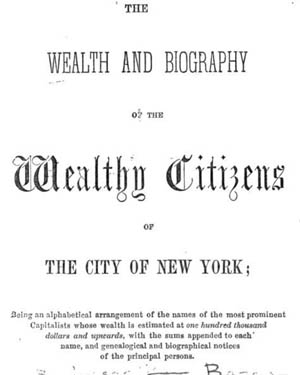The bible has long been a driver of innovation in book design, and this latest is no exception: an ad I saw today on TV for the complete King James Bible on DVD. Not a film, mind you, but an interactive edition of the old and new testaments built around a graphical rendering of an old bible open on a lectern that the reader, uh viewer, uh… reader controls. Each page is synched up to a full-text narration in the “crystal clear, mellow baritone” of Emmy-winning Bible reader Stephen Johnston, along with assorted other actors and dramatic sound effects bringing the stories to life.
There’s the ad to the right (though when I saw it on BET the family was black). You can also download an actual demo (Real format) here. It’s interesting to see the interactivity of the DVD used to mimic a physical book — even the package is designed to suggest the embossed leather of an old bible, opening up to the incongruous sight of a pair of shiny CDs. More than a few analogies could be drawn to the British Library’s manuscript-mimicking “Turning the Pages,” which Sally profiled here last week, though here the pages replace each other with much less fidelity to the real.
There’s no shortage of movie dramatizations aimed at making the bible more accessible to churchgoers and families in the age of TV and the net. What the makers of this DVD seem to have figured out is how to combine the couch potato ritual of television with the much older practice of group scriptural reading. Whether or not you’d prefer to read the bible in this way, with remote control in hand, you can’t deny that it keeps the focus on the text.
Last week, Jesse argued that it’s not technology that’s causing a decline in book-reading, but rather a lack of new technologies that make books readable in the new communications environment. He was talking about books online, but the DVD bible serves just as well to illustrate how a text (a text that, to say the least, is still in high demand) might be repurposed in the context of newer media.
Another great driver of innovation in DVDs: pornography. No other genre has made more creative use of the multiple camera views options that can be offered simulataneously on a single film in the DVD format (I don’t have to spell out what for). They say that necessity is the mother of invention, and what greater necessities than sex and god? You won’t necessarily find the world’s most elegant design, but it’s good to keep track of these uniquely high-demand areas as they are consistently ahead of the curve.






